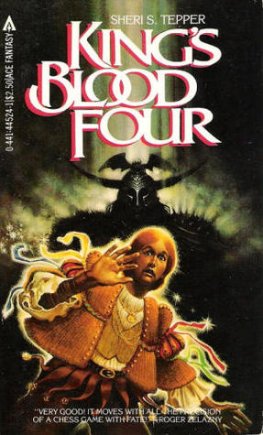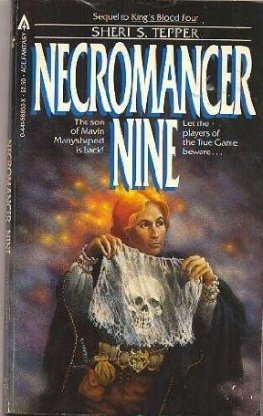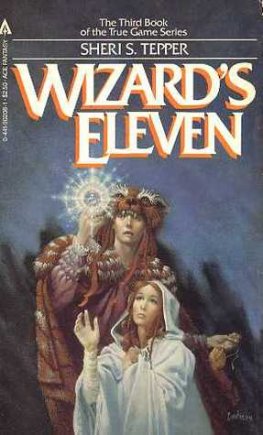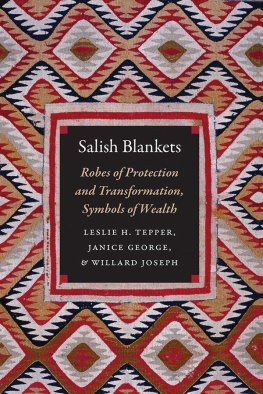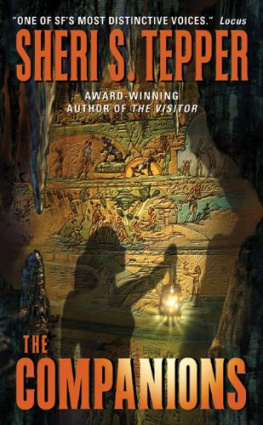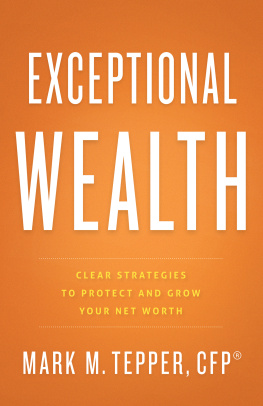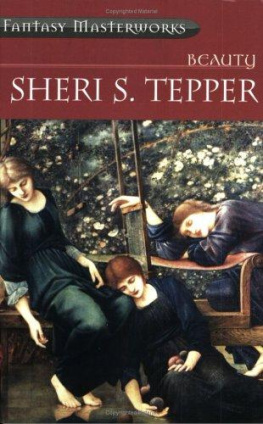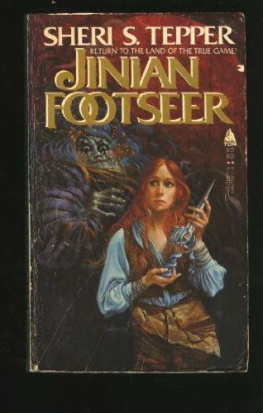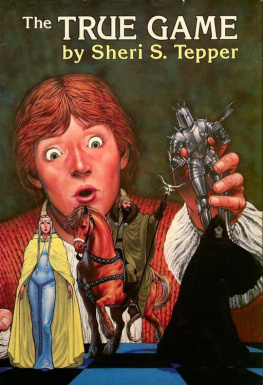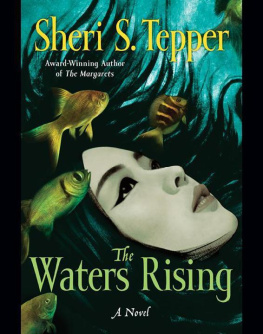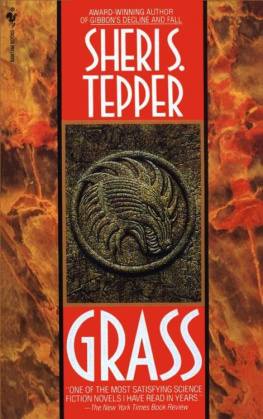Steven J. Tepper is assistant professor of sociology and associate director of the Curb Center for Art, Enterprise, and Public Policy at Vanderbilt University. He is a contributing author and coeditor of Engaging Art: The Next Great Transformation of Americas Cultural Life.
The University of Chicago Press, Chicago 60637
The University of Chicago Press, Ltd., London
2011 by The University of Chicago
All rights reserved. Published 2011.
Printed in the United States of America
20 19 18 17 16 15 14 13 12 11 1 2 3 4 5
ISBN-13: 978-0-226-79286-6 (cloth)
ISBN-10: 0-226-79286-2 (cloth)
ISBN-13: 978-0-226-79287-3 (paper)
ISBN-10: 0-226-79287-0 (paper)
ISBN-13: 978-0-226-79288-0 (e-book)
Library of Congress Cataloging-in-Publication Data
Tepper, Steven J.
Not here, not now, not that!: protest over art and culture in America / Steven J. Tepper.
p. cm.
Includes bibliographical references and index.
ISBN-13: 978-0-226-79286-6 (cloth: alk. paper)
ISBN-10: 0-226-79286-2 (cloth: alk. paper)
ISBN-13: 978-0-226-79287-3 (pbk.: alk. paper)
ISBN-10: 0-226-79287-0 (pbk.: alk. paper) 1. ArtsUnited StatesCitizen participation. 2. ArtsPolitical aspectsUnited States. 3. Culture conflictUnited States. 4. Homosexuality and the artsUnited States. 5. Arts and religionUnited States. 6. Protest movementsUnited States. I. Title.
NX230.T46 2011
306.470973dc22 2010037424

This paper meets the requirements of ANSI/NISO Z39.48-1992 (Permanence of Paper).
ACKNOWLEDGMENTS
This book would not have been possible without the support and encouragement of Paul DiMaggio. My interest in cultural conflict grew alongside Pauls interest in this area and I benefited immensely from his early work on arts protests in the Philadelphia area. Pauls advice and input were invaluable, and I continue to be inspired by his energy and creativity.
Not Here, Not Now, Not That! traveled many unexpected pathways and arrived at new insights thanks to the generosity of those who provided access to their data or who encouraged me to look to new sources: thanks to Terry Clark, who introduced me to the DDB Life Style Survey; to Robert Putnam and his colleagues for their excellent work on the Social Capital and Community Benchmark Survey; to Gary Jensen, who told me about the American Bureau of Circulation magazine subscription data; to Jonathan Levy at the Federal Communication Commission, who helped secure data on complaint letters from every zip code in America; to Susan Olzak, who provided me with her data of city-based ethnic protests; and to Gavin McKiernan at the Parents Television Council, who encouraged his local chapters to participate in focus groups.
At Princeton, Stan Katz provided me with a supportive environment in which to work and explore new ideas. The policy perspectives in the book were sharpened by the six years I spent working alongside Stan at the Woodrow Wilson School. At Princeton I also received great support from Paul Starr, Bob Wuthnow, and Brian Steensland; Kieran Healy, Eszter Hargittai, and Julian Dierkes challenged me to think critically and deeply about my subject.
As the book took shape at Vanderbilt, many colleagues inspired me to stretch my insights and thinking. Dan Cornfield helped me connect the work to larger themes of democracy and public life. Richard Pitt was a great sounding board when I felt most uncertain about the books fate and direction. Jenn Lena, Richard Lloyd, Terry McDonnell, and the entire Culture and Creativity Workshop at Vanderbilt provided invaluable feedback and comments. Elizabeth Long Lingo read several drafts and helped me frame the conclusion of the book. Katherine Everhart edited an early draft of the book, and Connie Sinclair provided me with much-needed organizational support in finishing the manuscript and throughout the editing phase.
I shared many meals at the Indian buffet with my colleague Bill Ivey, debating and interrogating the books themes. As the former chairman of the National Endowment for the Arts and twice chairman of the National Academy of Recording Arts and Sciences (the Grammy Awards), Bill is no stranger to cultural conflict and provided many critical insights along the way. Moreover, there is no one with whom I would rather ponder and debate a new idea or puzzle. Bill has a tremendous mind, much of it lurking in the shadows of this book. Bill also brought me to Vanderbilt and gave me the space and time I needed to complete the manuscript.
Heather Talley deserves much of the credit for , which is based on her brilliantly conducted focus groups and interviews with activists from the Parents Television Council across the United States. Heather is a firstrate scholar and I was fortunate that she was able to dedicate the summer of 2008 to this work.
I had many research assistants over the last decade, and they all deserve recognition for their hard work and contributions: Katy Siquig, Brent Levy, Adam Sedgewick, Jessie Washington, Taryn Kudler, Fatin Abbas, Alexandra Filinda, Susan Lutz, Stefan Cap, Zach Augustine, Benjamin Popper, Aliza Sir, and Simon Hirsch.
The work was funded in part by grants from the Henry Luce Foundation, the Andrew Mellon Foundation, the Pew Charitable Trusts, and the John D. Rockefeller Foundation. I am also grateful to Alberta Arthurs, formerly at the Rockefeller Foundation, who encouraged me to read Albert Hirschmans book Exit, Voice, and Loyalty, which heavily influenced my thinking about the democratic consequences of protest over art and media.
I could not have written the book without the graciousness of the Touve family and their little yellow garage apartment. What a marvelous space to spend my sabbatical year writing.
Tom Smith and Rob Harris listened to many early morning rants about the book on our daily runs through Nashville. Tom in particular kept me motivated by asking me each morning for two consecutive years: Is the book finished?
Finally, to my familya clan of brilliant and curious people who not only provided emotional support throughout the process but also asked amazing questions that helped me better articulate and clarify the emerging story. Thank you Dana, Sally, Sam, David, Sondra, Ted, Steve, Gene, Stu, Mark, Nancy, Guy, and Sidney.
And special thanks to Douglas Mitchell at the University of Chicago Press. I treasure our correspondence. Each letter from Doug contained a morsel of epistolary brilliancea delicious turn of phrase or clever insight that happily reminded me that we should always have fun with language and ideas.

 This paper meets the requirements of ANSI/NISO Z39.48-1992 (Permanence of Paper).
This paper meets the requirements of ANSI/NISO Z39.48-1992 (Permanence of Paper).

